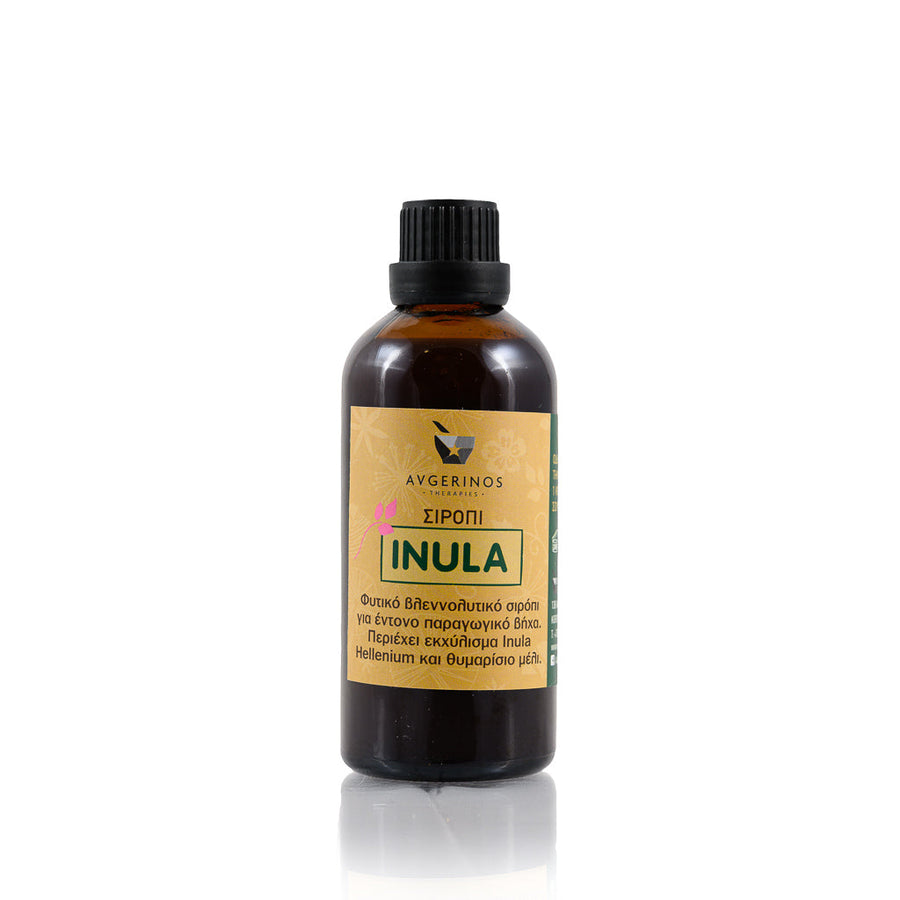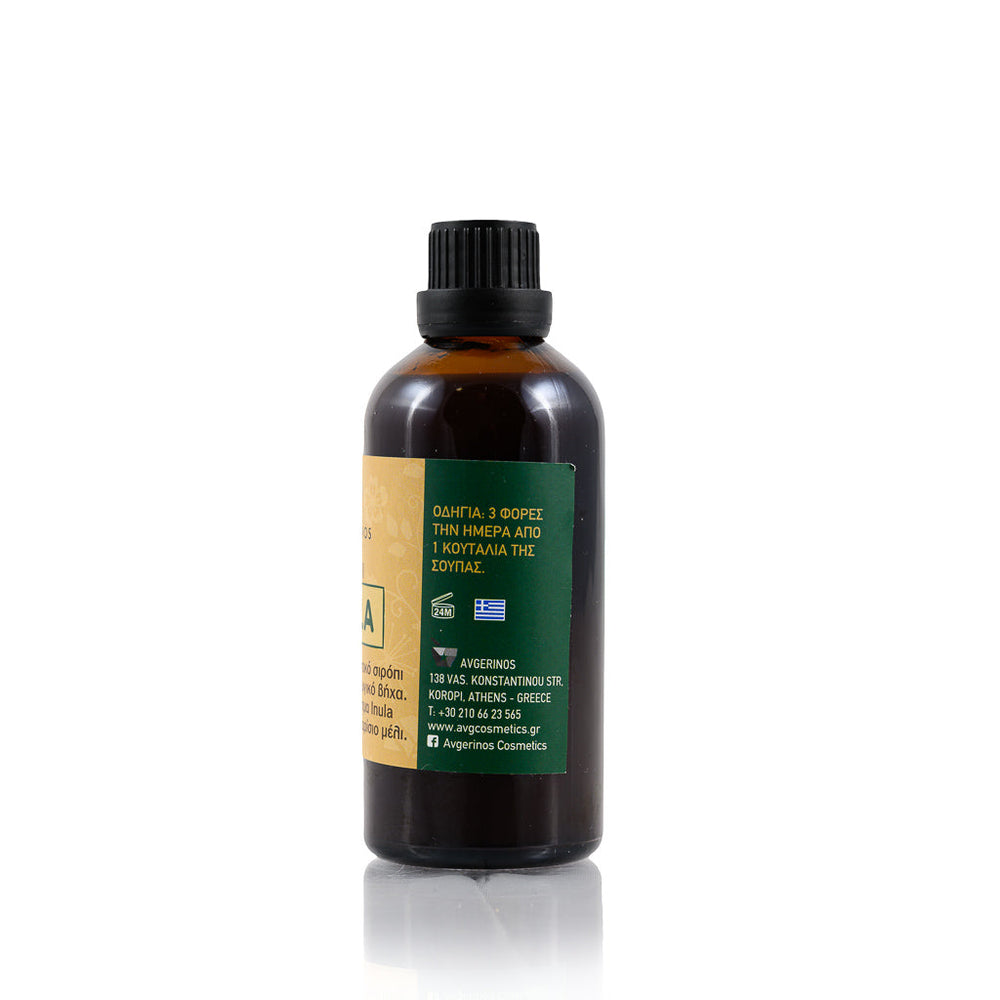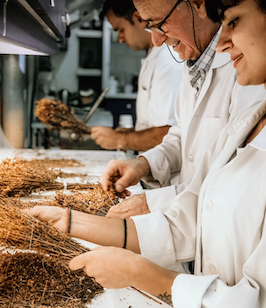Soil health
Cultivating the land for food production is historically linked to human survival.
In recent years there has been a remarkable awareness for the proper use of natural energy resources and especially for the preservation of the terrestrial ecosystem.
The soil is one of the most complex ecosystems in nature, as it contains a huge number of different organisms that contribute to maintaining the flora and fertility of the soil. Healthy soils are characterized by a balance in numerous beneficial and non-beneficial organisms.
Then, the "inhabitants" of the soil produce enzymes that act as catalysts that help break down protein and organic compounds. This process allows the cultivated plants to draw more nutrients from the soil while at the same time our body is fed food rich in enzymes which makes it very digestible. It is important to emphasize that enzyme activity is greater in soils that have not been sprayed with pesticides compared to conventional soils.
Let's see below some traditional and modern forms of cultivation that support the balance of soil biodiversity.
Biological Georgia
In organic farming, the soil is enriched with various natural materials, compost and any form of chemical intervention to deal with insects is avoided.
One of the techniques used in organic farming is the enrichment of the soil with beneficial microorganisms, a method introduced by Teruo Higa.
Higa created a mixture of microorganisms which are subjected to a special fermentation in water and the final preparation is used as a fertilizer that significantly increases soil fertility.
Organic farming is based on living ecosystems and contributes to their preservation through sustainability, i.e. the protection of natural resources so that future generations can benefit equally.
In this system, the traditional way of farming is respected, as it allows the land to rest after a demanding harvest.
We could say that with the start of organic farming in Greece, people started looking for foods that will help them maintain their good health levels, such as organic super foods, cereals, cereal and fruit bars, healthy snacks, muesli.
The idea of organic farming soon caught on and expanded beyond the food space as it started the awareness of people to use eco-friendly ingredients in household cleaners and kitchenware in order to preserve the earth's natural resources.
Biodynamic agriculture
The initiator of biodynamic farming is Rudolph Steiner, who connected the burdened health of farmers with the use of pesticides. He convinced the villagers to make fertilizer with natural ingredients and very soon those who applied it saw a significant improvement in their health.
Biodynamic farming revives the old image where man lives in harmony with nature and animals.
Sowing, time spent in the field, and harvesting are coordinated with the phases of the moon, a technique that has also been practiced by ancient civilizations. The soil is enriched with organic humus and a liquid with natural ingredients is used to control harmful pests, the method of preparation of which is similar to that of homeopathic medicines.
In the modern market there is a wide selection of biodynamic products that one can choose from, not only food, but products related to body care such as cosmetics, daily personal care items, shampoos, care creams, toothpastes, etc.
Natural cultivation
Masanobu Fucuoca is the one who inspired and implemented the method of natural cultivation. Fucuoca argued that human intervention should be kept to a minimum so that the land would be able to express its productivity without hindrance.
So according to the system of natural cultivation the land is not ploughed, nor carved and the wild grasses are cut instead of uprooted.
The soil is enriched with dry leaves, and roots from previous crops and its moisture is ensured by covering with straw.
The natural way of producing the products enhances the co-cultivation of fruit and vegetables, which means that in a flower bed we can see 1-2 different types of vegetables together with trees and herbs.
One of the most important points of reference in organic farming is that it uses edible seeds such as barley, buckwheat, oats, wheat, amaranth to directly enrich the soil.
The above forms of agriculture protect rare seeds and varieties of vegetables and fruits that are in danger of being lost from the trend of intensive cultivation.
By consuming products that have been prepared using natural methods, we are laying a solid foundation for health well-being and participating in the global effort to care for our planet.









Leave a comment